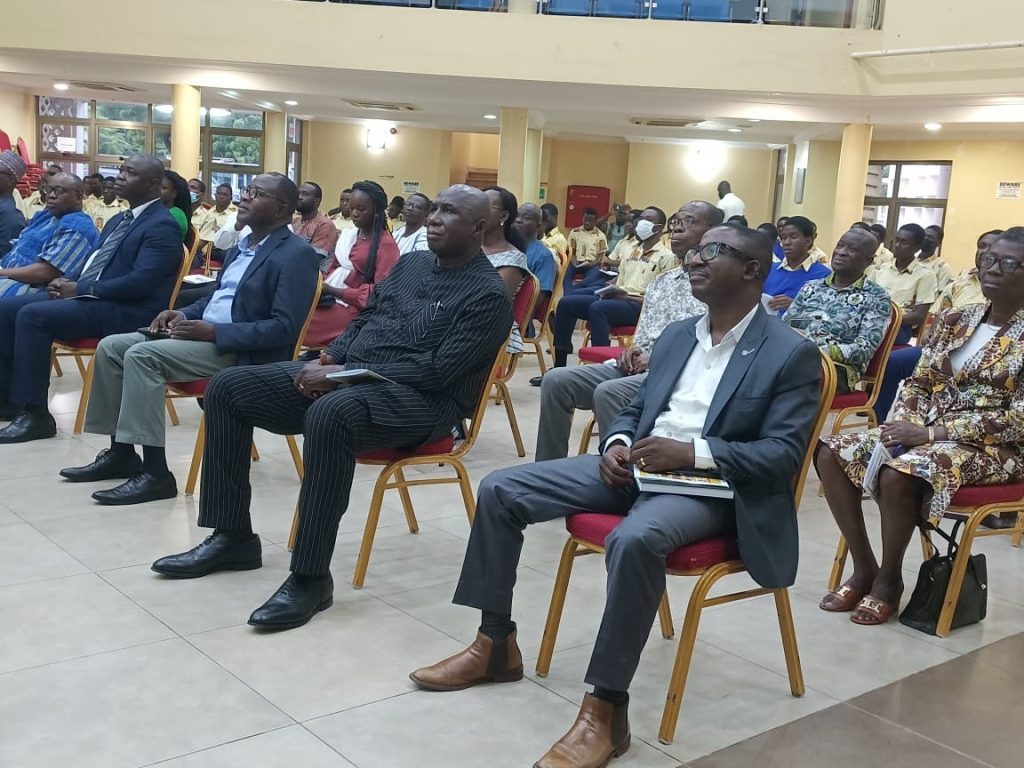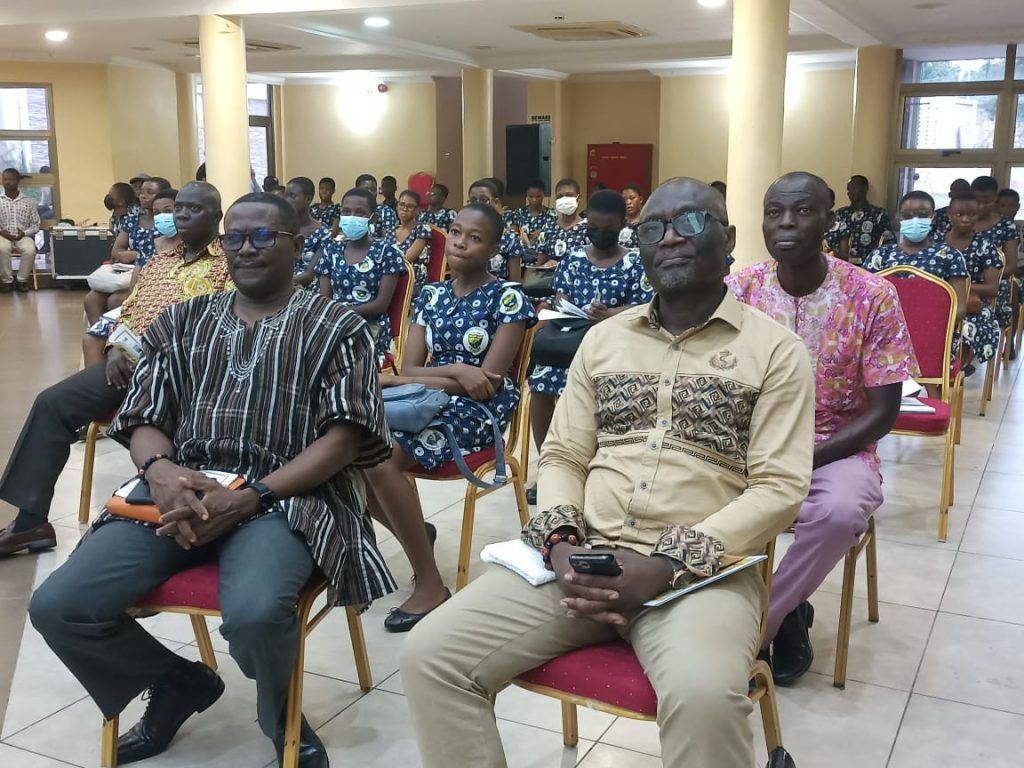By Edward Acquah
Accra, June 23, GNA – Professor Sylvester Kojo Danuor, a Professor of Physics at the Kwame Nkrumah University of Science and Technology, has proposed the establishment of what he termed as the “Lake Bosomtwe Meteorite Crater and Cultural Heritage Centre” to help preserve the Lake and create economic opportunities.
Prof. Danuor, who has been exploring the Lake since 1999, said the one-million-year-old Lake Bosomtwe Impact Crater located in the Bosomtwe District of the Ashanti Region, has some unique qualities, which could be leveraged to boost ecotourism in the area.
Delivering an inaugural lecture at the Ghana Academy of Arts Sciences (GAAS) in Accra on Thursday night, Prof. Danuor said the research team discovered among others that the Bosomtwe crater was the largest young impact crater on earth.
Currently, about 200 impact craters have been recognised on earth, 20 of them have been confirmed in Africa.

On earth, impact craters form when cosmic body (asteroid, comet, or meteorite) also known as projectile, bolide, or impactor hits the ground – either on land or in the ocean.
Prof. Danuor said the Lake Bosomtwe Impact Crater had also been recognised by the international scientific community as a World Geological Site.
“It is well-preserved, un-eroded impact crater that is not common at all. It is also one of only three impact craters with tektites and is an ideal site for the study of meteorite processes,” he said.
Prof. Danuor said the proposed Cultural Heritage Centre will contain the historical and cultural aspects of the indigenous people as well as the scientific aspects of the crater.
“It is envisaged that the establishment of the Centre would provide alternative livelihood for the people and thus contribute to poverty reduction in the area,” he said.
The research, conducted by Ghanaian and German Researchers, was titled: “Ghanaian German Research Collaboration on Geophysical and Remote Sensing Investigations of the Lake Bosumtwi Impact Crater in Ghana”.
The Lake Bosomtwe Crater has a diameter of 10.5km and is occupied by the 8km diameter Lake Bosomtwe, which has a maximum depth of 75m.

Lake Bosomtwe is the only natural lake in Ghana and one of six major meteoritic lakes in the world.
UNESCO declared Lake Bosomtwe a Biosphere Reserve in 2016 – and the site sustains 35 tree species, including some used for timber.
Prof. Danuor said the research team carried out gravity, seismic, and magnetic measurements both on land and in the Lake.
He said the findings of the research implied that impact caused a lot of tectonic disturbance, which had rendered the landscape highly shattered, fractured and faulted with ejecta materials and weak zones dominating in some of the areas.
He said the tectonic features had rendered the Lake Bosomtwe landscape susceptible to landslides and massive erosion.
“The findings have brought to the fore the vulnerability of the site and the Lake’s ecosystem,” he said.
Prof Danuor said the green belt along the Lake should be protected and called for a halt in the sale of lands for developments along the catchments of the Lake.
GNA